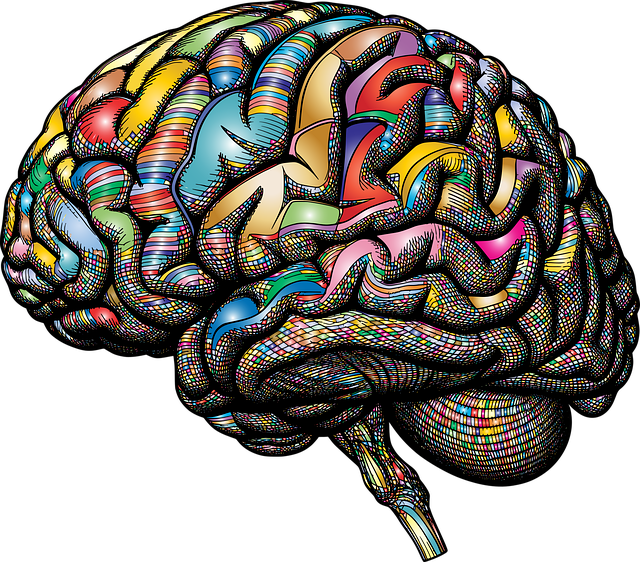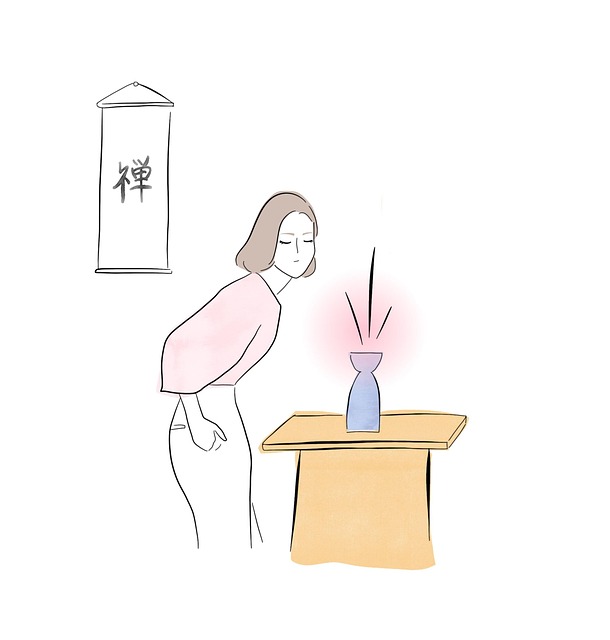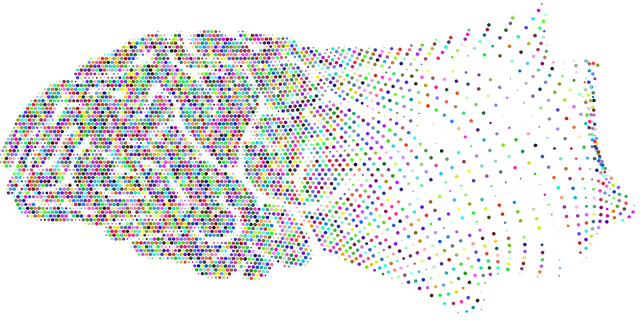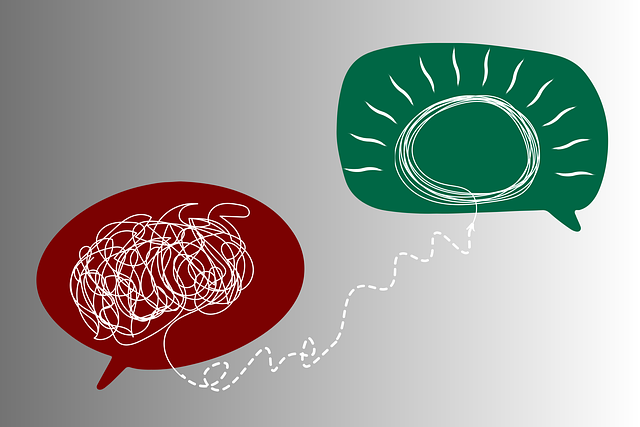Anxiety, a common yet complex issue, significantly impacts daily lives, especially within Centennial Blended Families. Recognizing symptoms and understanding personal triggers is crucial for management. Centennial Blended Families Therapy offers safe spaces through open communication, Cultural Sensitivity, and empathy-building activities like journaling. Cognitive Behavioral Therapy (CBT) is an effective tool to challenge negative thought patterns and improve family dynamics. Mindfulness, relaxation techniques, and holistic practices, combined with lifestyle changes, provide additional tools for anxiety reduction, enhancing the therapeutic journey and overall well-being of blended family members.
Anxiety is a prevalent condition affecting individuals across all demographics, including the growing number of centennial blended families. This article explores effective anxiety management techniques tailored to address the unique challenges faced by these diverse households. From recognizing anxiety signs and triggers to evidence-based therapies like Cognitive Behavioral Therapy (CBT), we provide practical strategies. Additionally, mindfulness practices, lifestyle changes, and support within centennial blended families offer valuable tools for mitigating anxiety and enhancing overall well-being.
- Understanding Anxiety: Recognizing the Signs and Triggers
- Centennial Blended Families: Navigating Shared Stress and Support
- Cognitive Behavioral Therapy (CBT): A Powerful Tool for Managing Anxiety
- Mindfulness and Relaxation Techniques to Calm the Mind
- Lifestyle Changes: Nutrition, Exercise, and Sleep for Reduced Anxiety
Understanding Anxiety: Recognizing the Signs and Triggers

Anxiety is a common yet complex emotional state that can significantly impact daily life. Recognizing the signs and understanding triggers are crucial steps in managing anxiety effectively, especially for those navigating the challenges of modern life, such as Centennial Blended Families Therapy clients. Symptoms may manifest physically, cognitively, or behaviorally, including rapid heartbeat, persistent worry, restlessness, and avoidance of certain situations.
Identifying personal triggers is essential for emotional well-being promotion techniques. Common stressors include work pressure, financial concerns, relationship issues, or past traumatic experiences that may require trauma support services. By understanding these triggers, individuals can begin to develop strategies to manage anxiety in a healthy way, enhancing their overall resilience and quality of life, even within the complexities of blended family dynamics.
Centennial Blended Families: Navigating Shared Stress and Support

In today’s fast-paced world, Centennial Blended Families often face unique challenges when it comes to managing anxiety and maintaining mental wellness. These families, characterized by two or more partners from different generations, bring together diverse life experiences, values, and potential sources of stress. Navigating the complexities of blended family dynamics requires a delicate balance between fostering unity and respecting individual needs. One effective approach is through Centennial Blended Families Therapy, which offers a safe space for open communication and emotional intelligence-building activities.
By incorporating Cultural Sensitivity in Mental Healthcare Practice, therapists can create an inclusive environment, understanding the unique cultural backgrounds and experiences within the family unit. This sensitivity encourages each member to express their anxieties and concerns freely. Additionally, Emotional Intelligence plays a pivotal role in helping families understand and manage one another’s feelings. Encouraging journaling exercises centered around mental wellness can provide valuable insights into individual struggles and promote collective empathy. Such practices enable blended families to cultivate resilience, strengthen bonds, and effectively manage anxiety as they forge ahead together.
Cognitive Behavioral Therapy (CBT): A Powerful Tool for Managing Anxiety

Cognitive Behavioral Therapy (CBT) has emerged as a highly effective tool in managing anxiety disorders, offering Centennial blended families a promising approach to overcoming their mental health challenges. This evidence-based therapy focuses on identifying and modifying negative thought patterns and behaviors that contribute to anxious feelings. By challenging distorted cognitions and replacing them with more realistic and positive ones, CBT empowers individuals to regain control over their emotions and behaviors.
For families navigating the complexities of anxiety within their unit, CBT provides a structured framework tailored to address each member’s unique needs. Through collaborative sessions, therapists guide family members in understanding how their thoughts, feelings, and actions interact to fuel anxiety. This process fosters open communication, enhances coping strategies, and strengthens the support system, ultimately leading to improved mental health outcomes. Integrating CBT into family therapy can be a transformative step, complementing broader efforts in Mental Health Policy Analysis and Advocacy, Healthcare Provider Cultural Competency Training, and Self-Care Practices.
Mindfulness and Relaxation Techniques to Calm the Mind

In today’s fast-paced world, anxiety can feel like an ever-present companion for many, especially within complex family structures such as Centennial Blended Families Therapy. However, powerful tools exist to help calm and center the mind, offering much-needed respite from these feelings. Mindfulness meditation practices have gained significant traction in recent years as a highly effective means of managing anxiety. This ancient technique encourages individuals to focus on the present moment, observing their thoughts and emotions without judgment. By cultivating mindfulness, one can learn to detach from anxious thoughts, fostering a deeper sense of inner peace.
Relaxation techniques, such as deep breathing exercises and progressive muscle relaxation, work in conjunction with mindfulness meditation. These strategies help to slow down the physiological responses associated with stress and anxiety. For example, controlled breathing activates the parasympathetic nervous system, promoting a state of calm and reducing heart rate and blood pressure. Combined with empathy-building strategies that encourage understanding and connection within families, these techniques offer a holistic approach to well-being. Additionally, cultivating positive thinking patterns can reinforce this calming effect by shifting one’s mindset towards more optimistic and resilient perspectives, enhancing overall mental health.
Lifestyle Changes: Nutrition, Exercise, and Sleep for Reduced Anxiety

Anxiety management begins with adopting a holistic approach that incorporates lifestyle changes. Nutrition plays a significant role in mental health; incorporating foods rich in omega-3 fatty acids, magnesium, and vitamins B and D can help reduce anxiety symptoms. Regular exercise, such as those recommended by Centennial Blended Families Therapy, releases endorphins that boost mood and alleviate tension. Adequate sleep is equally crucial, as it allows the body to heal and reduces irritability.
These lifestyle adjustments not only complement but enhance the effectiveness of therapy sessions and emotional healing processes. Moreover, conflict resolution techniques learned through therapy can be strengthened by a healthy diet and active lifestyle, fostering better coping mechanisms and confidence boosting strategies that are essential for managing anxiety over the long term.
Anxiety management is a multifaceted approach, especially within the context of today’s fast-paced world. For Centennial Blended Families, navigating shared stress and leveraging support systems through CBT and mindfulness techniques offers a powerful framework. By integrating lifestyle changes focused on nutrition, exercise, and sleep, individuals can achieve lasting relief from anxiety symptoms. Embracing these holistic strategies not only empowers personal growth but also strengthens relationships within the family unit.














